Why China’s stranglehold on rare minerals could cost the earth
After ‘chipageddon’, attention is turning to crucial raw materials used in cars and turbines.
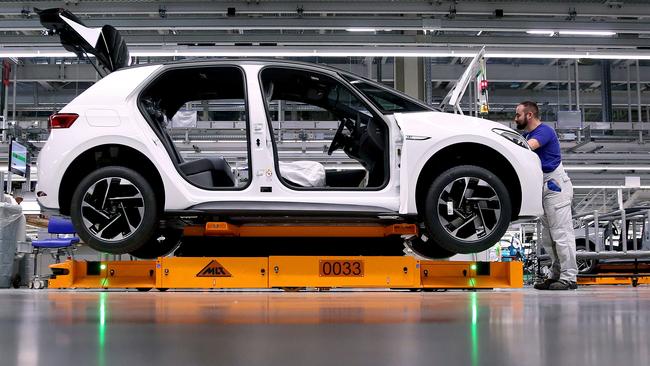
Premier League footballers have long been attracted to flash, powerful Bentley cars. But they could soon be driving around in second-hand motors — at least partly.
The British luxury marque is part of a three-year study involving Birmingham University and one of its spin-outs, Hypromag. It is looking at recycling rare earth magnets from old computer hard disks that would otherwise be thrown on the scrapheap. They are a component in new electric and hybrid cars — whose batteries are powered by lithium, but which use rare earth magnets in motors, power steering and electric windows.
The project — which uses hydrogen to recycle the magnets, a process pioneered by one of Hypromag’s founding directors, and Birmingham University emeritus professor, Rex Harris — is not just a green experiment. It forms part of Britain’s drive to create its own supply of rare earths and lessen its reliance on China, the main provider of 17 minerals used for magnets in electric cars, medical devices, power tools, smartphones and wind turbines.
“We’re building a supply chain that you could feed primary or secondary material into,” said Allan Walton, another founding director of Hypromag. “For magnets, it’s far quicker to get a supply chain running for recycled material than it is from a new mine.”
Rare earths are extracted from the ground and shipped to facilities that separate them. They are split into oxides, metals and magnets. It is a more complex and expensive process than the usual mining of common minerals such as iron ore.
Most rare earths need to be shipped to China for processing. Even missile systems and other military equipment in the UK and US use rare earth magnets mostly sourced from China.
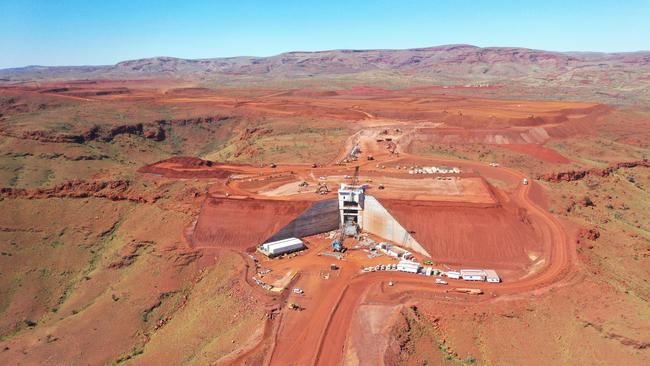
Tensions between the US and China have heightened concerns that Beijing could weaponise rare earths and limit exports to its rivals’ disadvantage. This comes on top of concerns over a global shortage of semiconductors, dubbed “chipageddon”, which is hitting production of cars and smartphones.
A week after the US blacklisted Chinese telecoms giant Huawei in 2019, President Xi Jinping visited a rare earths processing plant in Jiangxi and highlighted the importance of rare earths in global supply chains. His statement was widely viewed as a thinly veiled threat that China could turn off the taps if further antagonised.
Britain is hatching its own plans in case that happens. Work began on Thursday at the Saltend Chemicals Park in Hull for a new rare earths processing facility, which would be one of the first outside China. The plant, being made by London-listed Pensana, received planning permission last month but still requires pounds 100 million of funding initially, and further work to get Pensana’s mine in Angola up and running.
“There’s a more prosaic problem, which is that China is also trying to decarbonise its economy. They’re going to spend a lot of money on electric vehicles and wind power. China is going to limit supply of rare earths because it’s going to need them all for itself,” Pensana’s chairman Paul Atherley said.
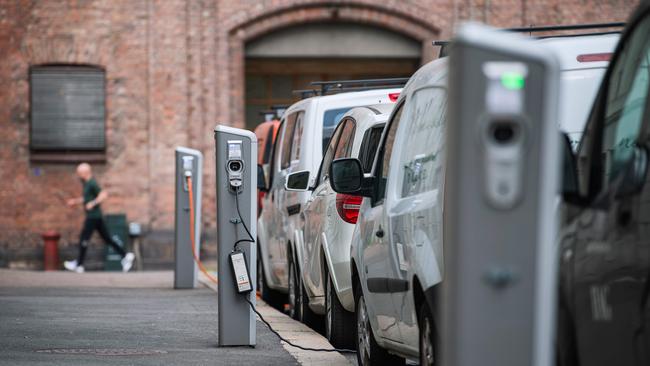
It will take about six months to clear the site and a further 12 months to build. It is not expected to start producing until 2023.
The US Geological Survey estimates that mining of rare earths in China last year amounted to 140,000 tonnes - almost 60 per cent of the world’s output. The US produced 38,000 tonnes last year. The third-biggest producer, troubled Myanmar, mined 30,000 tonnes.
China has cornered the market for refining rare earths. The country accounts for up to 90 per cent of processing operations - like those being constructed at Saltend - that turn rare earths into metals and magnets, according to the research firm Adamas Intelligence.
The International Energy Agency warned in a report this month that the reliance on China created “a source of concern for companies that produce solar panels, wind turbines and batteries using imported minerals”. The IEA recommended that western nations consider stockpiling rare earth minerals amid increasing concerns that China could hoard them and provoke global shortages.
President Biden is forging ahead with plans to make the US less reliant on rare earths from abroad. Similar plans are under way in Europe. The European Commission’s Action Plan on Critical Raw Materials highlighted problems last year with the supply of rare earths, but also lithium. It estimates that the EU’s consumption of the metal will jump by more than 50 times by 2050. In February, Ursula von der Leyen, the commission’s president, said that sourcing 98 per cent of key rare earths from one supplier, China, was “not sustainable”.
Britain’s Project Defend initiative is also looking to cut reliance on China for key materials such as PPE. In March, the Integrated Review of Security, Defence, Development and Foreign Policy said that one priority was to “diversify the UK’s supply in critical goods”, such as rare earth minerals.
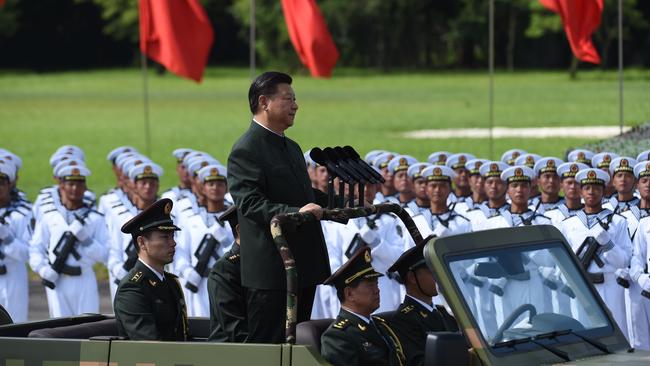
It added: “We will continue to explore opportunities around domestic extraction and processing of critical minerals, such as lithium, as well as their recovery, recycling and reuse to establish a viable circular economy.”
Mkango Resources, a Canadian rare earths explorer listed on London’s AIM, is eyeing the processing market. Mkango, backed by the Hong Kong commodities trader Noble Group, owns a stake in Hypromag, which hopes to build a rare earths facility outside Birmingham that could process imported raw materials, as well as recycled magnets.
Mkango’s chief executive, Will Dawes, said developing Britain’s rare earth magnets recycling capability was a “big and obvious opportunity for the UK government”.
While not as scarce as rare earths, lithium is subject to similar shortages. Jeremy Wrathall, chief executive of Cornish Lithium, which wants to build a lithium mine, said ministers had been focusing on going green with little thought to a key part of the supply chain.


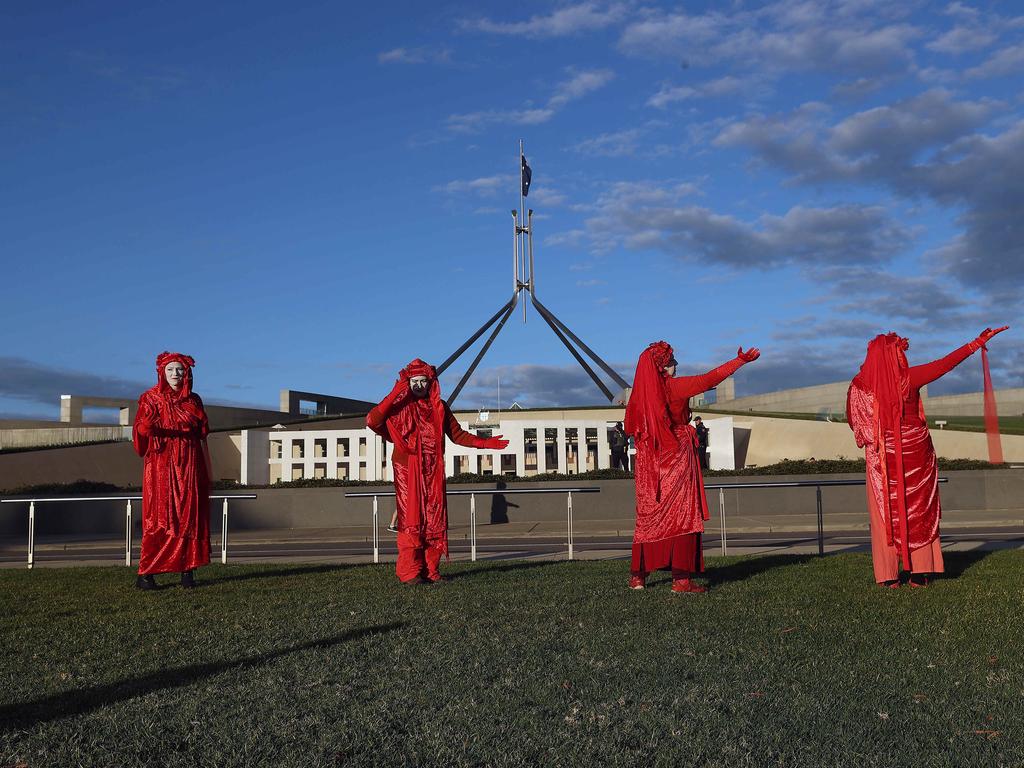


To join the conversation, please log in. Don't have an account? Register
Join the conversation, you are commenting as Logout